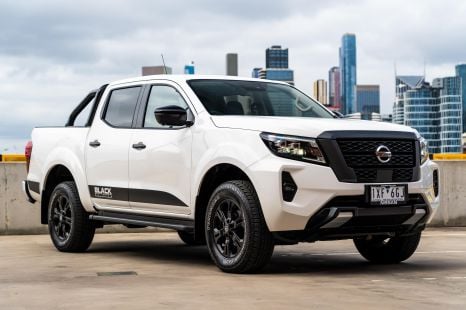

Josh Nevett
7.3
3 Days Ago
Battery producer Northvolt can see the forest for the trees and, perhaps surprisingly, as a source of electric vehicle battery material.

Volvo’s battery supplier Northvolt plans to tap an unusual source for its electric vehicle batteries: trees.
Northvolt and Finnish paper and pulp manufacturer Stora Enso have entered an agreement to develop a sustainable battery, with anode produced using lignin-based hard carbon produced from Nordic forest wood.
Lignin is a polymer that, with cellulose, helps constitute wood. It accounts for around 20-30 per cent of trees, and is said to be one of the largest renewable sources of carbon on the planet.
Stora Enso’s plant in Finland has an annual lignin production capacity of 50,000 tonnes.
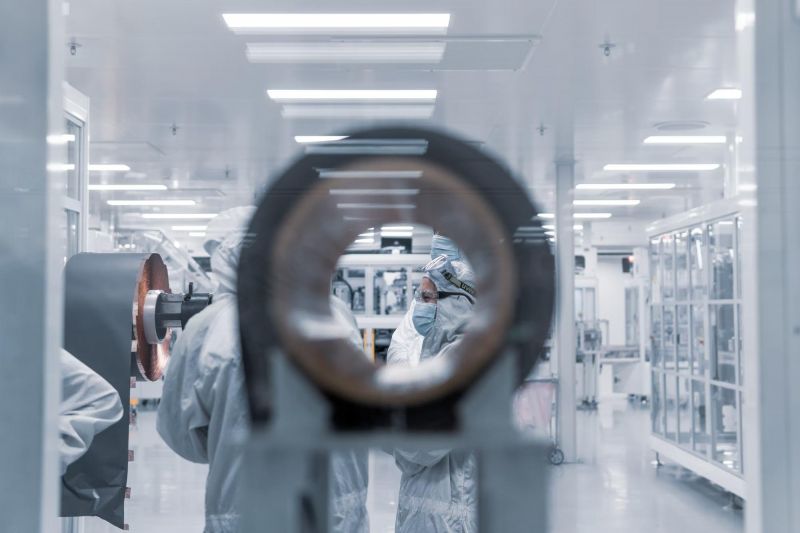
The two companies are aiming to develop the first industrialised battery with anode sourced entirely from European raw materials.
“Our lignin-based hard carbon, Lignode® by Stora Enso, will secure the strategic European supply of anode raw material, serving the sustainable battery needs for applications from mobility to stationary energy storage,” says Johanna Hagelberg, Stora Enso’s executive vice president for biomaterials.
“With this partnership, we are exploring a new source of sustainable raw material and expanding the European battery value chain, while also developing a less expensive battery chemistry,” said Northvolt chief environmental officer Emma Nehrenheim.
“It is an exciting demonstration of how our pursuit of a sustainable battery industry goes hand-in-hand with creating a positive impact both on society and cost.”
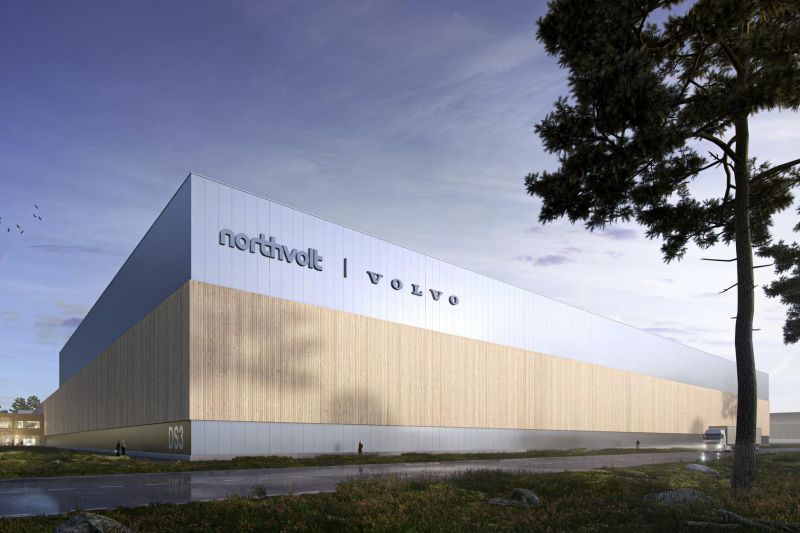
Northvolt was founded in 2016 with the mission to build the world’s greenest battery.
In November 2021 Northvolt produced its first battery cell with 100 per cent recycled nickel, manganese and cobalt, and plans to have 50 per cent of all its raw materials to come from recycled batteries by 2030.
Northvolt says it has secured more than A$79.64 billion worth of contracts from companies including BMW, Volkswagen, Volvo Cars and Polestar.
Volkswagen alone placed a A$20.27 billion battery cell order with Northvolt in March 2021, and in January 2022 Northvolt announced it would build a 50GWh battery manufacturing plant as part of a joint venture with Volvo Cars.
The new plant, located in Gothenburg, Sweden, will start operations in 2025.
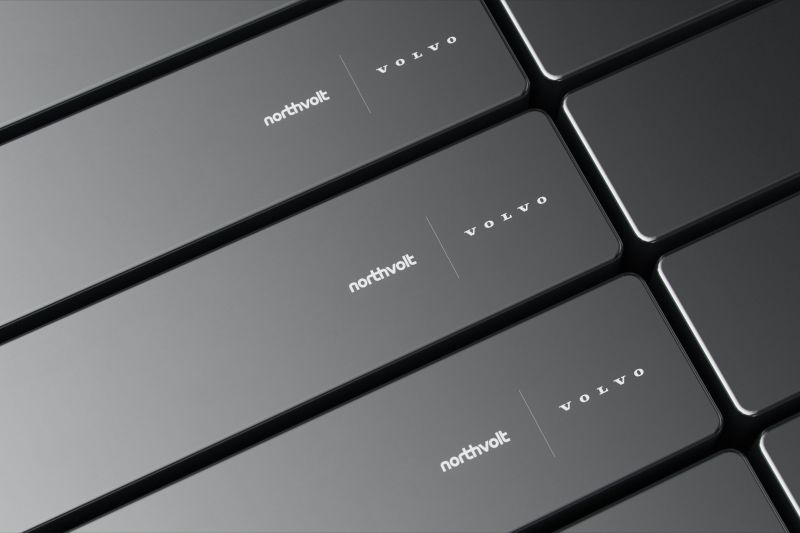
Northvolt currently has one factory in Sweden, which produced its first battery cells in December 2021. It’s planning to open not only the Volvo factory but also a third factory in Germany, plus a cathode factory in Sweden.
As demand for electric vehicles increases and companies invest in battery technology, we’re seeing new innovations in battery chemistry – and some of them have sounded just as unusual as using wood.
Researchers at Chalmers University of Technology in Gothenburg have been looking at batteries that use sodium-ion battery chemistry, while closer to home researchers at Monash University have developed a glucose-based additive that could be used to stabilise lithium-sulfur batteries.
William Stopford is an automotive journalist based in Brisbane, Australia. William is a Business/Journalism graduate from the Queensland University of Technology who loves to travel, briefly lived in the US, and has a particular interest in the American car industry.


Josh Nevett
7.3
3 Days Ago
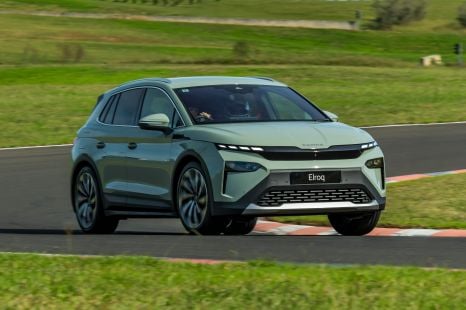

James Wong
3 Days Ago
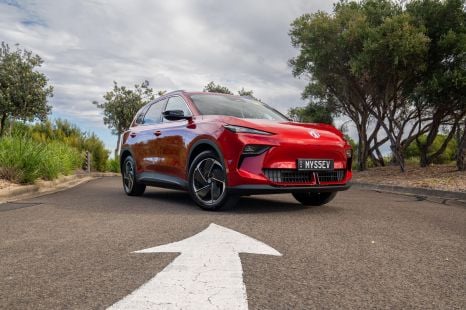

Andrew Maclean
3 Days Ago
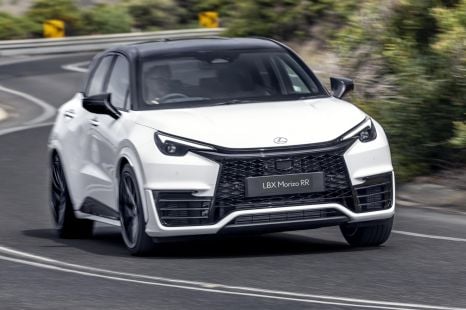

Josh Nevett
8
2 Days Ago
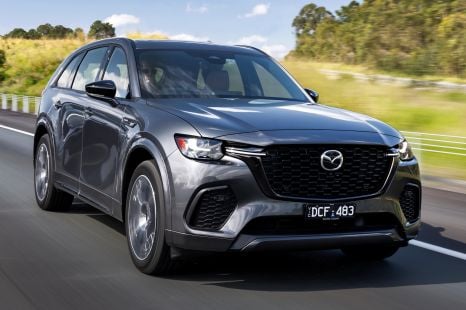

Jack Quick
7.9
1 Day Ago
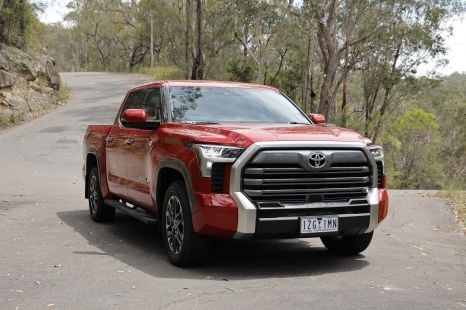

William Stopford
18 Hours Ago